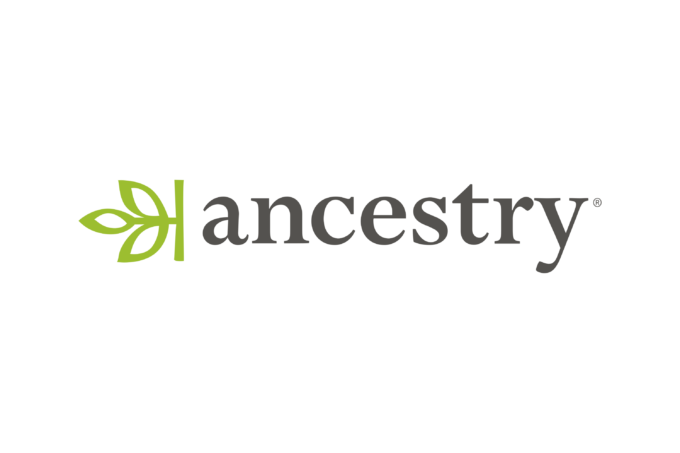So far this month FamilySearch has added three Canadian (Quebec) Collections to its Full Text Search.
|
|
Collection Title
|
Records
|
Last Updated | |
|---|---|---|---|---|
| Canada, Quebec, Legal, from 1826 to 1889 | 21,778,245 | 14 January 2026 | ||
| Canada, Quebec, Others, 1969 | 5,340,040 | 14 January 2026 | ||
| Canada, Quebec, Deaths, from 2008 to 2011 | 635 | 8 January 2026 |
Although nothing has been added for the UK or Ireland, FamilySearch has been busy, adding 196 titles. Here’s an Ai-generated summary of the additions.
1. Major Regional Highlights
-
Philippines: Massive updates across dozens of provinces (Cebu, Metro Manila, Iloilo, etc.). Most are Legal records ranging from the mid-1800s to the late 20th century.
-
Brazil: Extensive coverage of Civil Registration and Catholic Church Records for almost every state (São Paulo, Minas Gerais, Rio de Janeiro, etc.), with many records extending into 2023.
-
United States: Significant focus on Biographies, Legal, and Property records. Notable large collections include Kansas Legal records ($3.5M+$ records) and New York Legal records ($27M+$ records).
-
Portugal: Broad updates to Catholic Church Records across various districts like Coimbra, Braga, and Vila Real.
2. Largest Collections by Record Count
If you are looking for the most “searchable” new data, these are the heavy hitters:
| Collection Title | Record Count |
| United States, New York, Legal (1985) | 27,121,873 |
| United States, Military Service (0001-2012) | 32,007,492 |
| Canada, Quebec, Legal (1826-1889) | 21,778,245 |
| United States, Oklahoma, Legal (1907-1959) | 7,912,817 |
| United States, California, Deaths (1972-1973) | 7,065,301 |
| Venezuela, Catholic Church Records (1577-2022) | 6,380,292 |
3. Notable “Deep History” Records
Several collections date back exceptionally far, which is rare for digital indexing:
-
Spain, Sevilla, Municipal Records: Dates back to 1293.
-
Netherlands, South Holland, Legal: Dates back to 1314.
-
Portugal, Civil Records: Dates back to 1437.
-
Italy, Puglia, Births/Marriages/Deaths: Comprehensive sets from the mid-1800s to early 1900s.


 UPDATED BELOW
UPDATED BELOW

 The Findmypast focus this week is on English Roman Catholic records. The collection covers dioceses including Birmingham, Leeds, Liverpool, Middlesbrough, Northampton, Nottingham, Plymouth, Salford, Southwark, and Westminster.
The Findmypast focus this week is on English Roman Catholic records. The collection covers dioceses including Birmingham, Leeds, Liverpool, Middlesbrough, Northampton, Nottingham, Plymouth, Salford, Southwark, and Westminster.